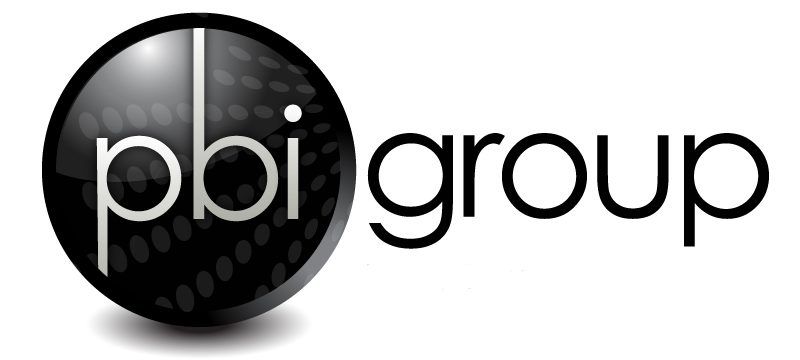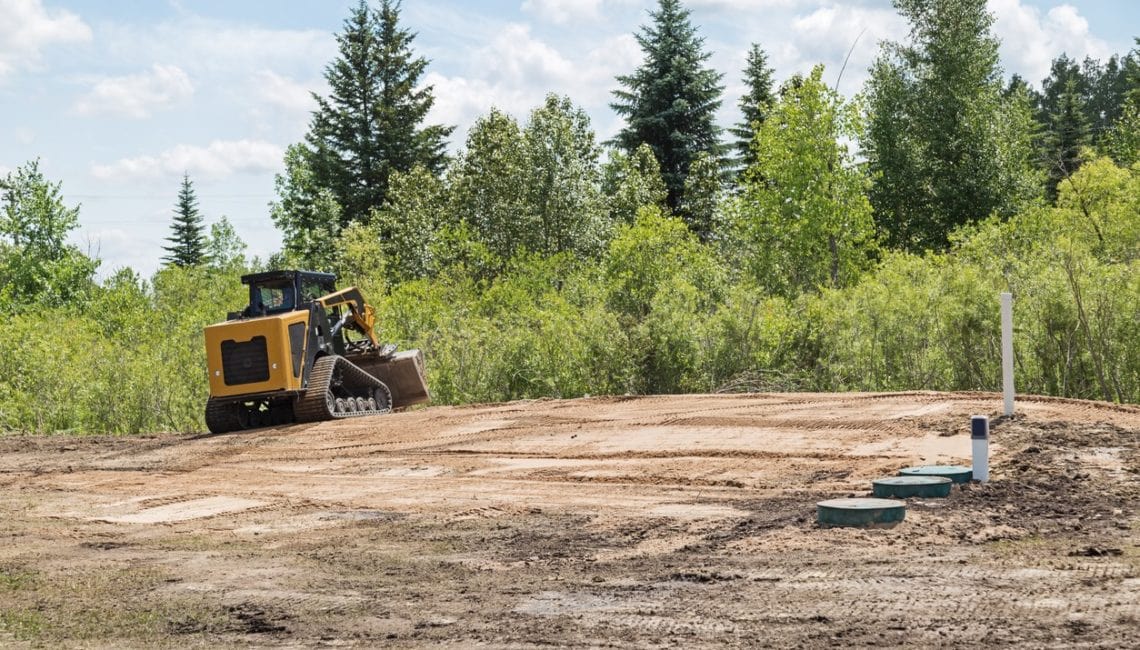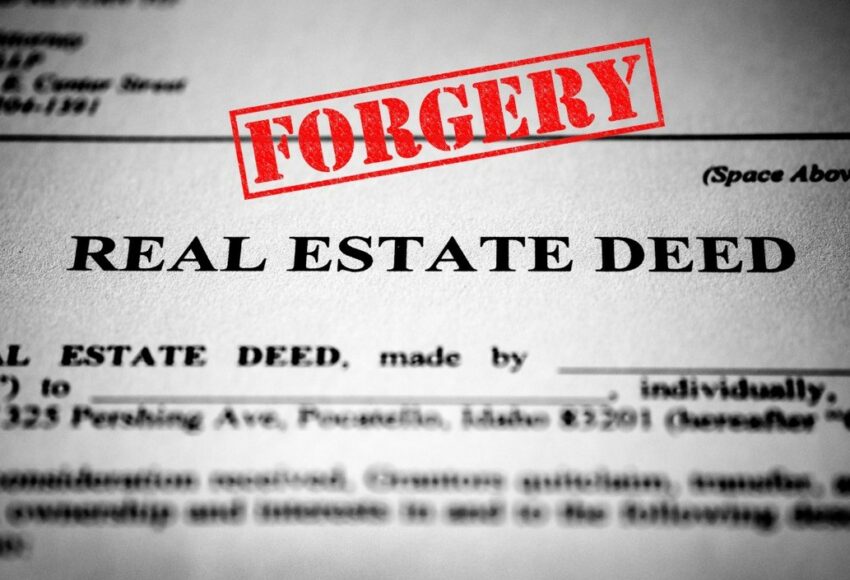When purchasing a home, buyers and real estate agents do not always think about the utility hookups – or lack thereof – included in the home purchase. Overlooking these critical yet hidden aspects of homeownership can lead to expensive headaches for the buyer, not to mention liability claims against the agents involved in a home purchase.
The Claim
In a home purchase in New Jersey, unpleasant surprises awaited the new home buyer. According to the buyer, the real estate agents representing him made false or misleading claims regarding sewer service to the home. After closing, the new homeowner discovered that a new septic system would have to be installed to service the home. The homeowner claims that prior to the sale and at closing, the homeowner was told by the real estate agents in question that the home was serviced by a public sewer system. This information was not accurate.
After receiving estimates to replace the septic tank, distribution box, and drain (leach) field, the homeowner filed a lawsuit against the real estate agent for nearly $16,000, which is the estimated cost of the repairs needed to make the home habitable.
What Went Wrong
Real estate agents throughout the United States face many risks in their operations. Some of the most common errors & omissions claims come from confusion about exactly which utilities service a given property. Does the home have its own septic tank, or is it connected to a public sewer? Does the home receive water from a municipal source, or is a private well needed to obtain water? Claims like this account for a large % of real estate E&O claims against realtors.
It is imperative that real estate agents do not just take the word of property owners/sellers regarding utility services like water and sewer. Three simple solutions can help minimize E&O claims related to septic/sewer or public/private water service:
- Obtain billing for the property in question. If public sewer and/or water is available, the property will have records from the city’s utility company. If no billing records are available, the property may be serviced by a septic system and/or private well.
- Investigate city records, such as property appraiser, building department, or public health documentation. These records should indicate whether the property is serviced by public utilities or if septic systems and wells are present on the property.
- During property inspections, have inspectors investigate for any physical signs of septic tanks, such as manhole covers visible in the yard, evidence of leach fields, or well equipment (pressure tanks, casings, pumps).
Due diligence is required; investigate to find out exactly what utilities are available and if they service the property in question. This can help protect agencies from expensive legal claims and claims against insurance policies.
Interested in PBI Group generating an E&O insurance quote for your real estate agency? Click here.






